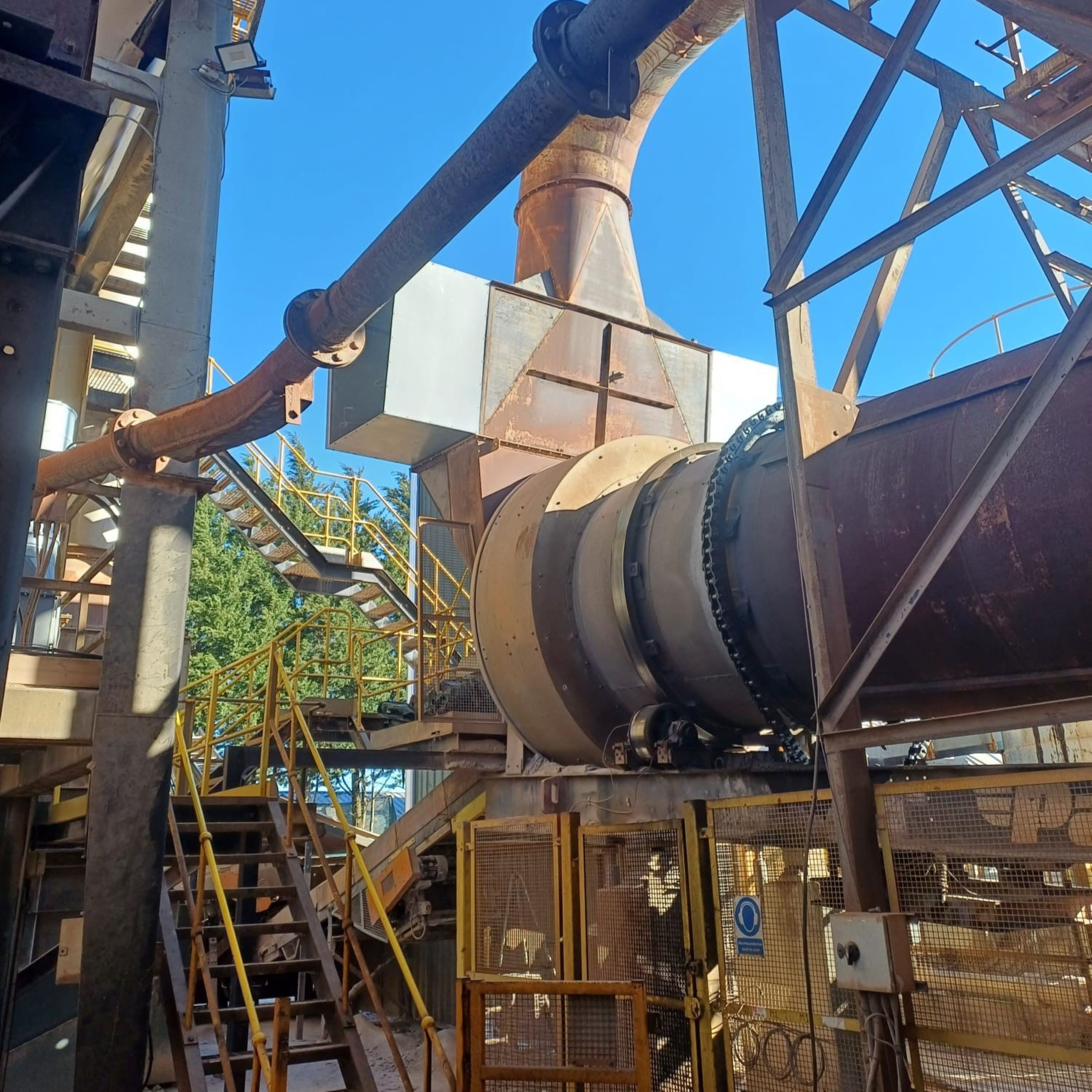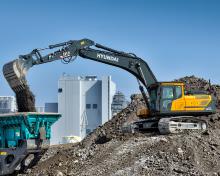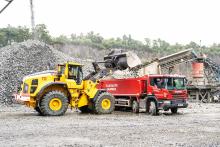
Based on a thorough feasibility study of the recovery technology, conducted by Aggregate Industries and working in collaboration with Invertech Solutions – a leading maintenance contractor specialising in energy efficiency – the construction and building giant is committed to realising the significant reduction in carbon emissions that can be achieved using these systems.
Currently implemented at the three active asphalt plants in Liverpool, Astley and Darwen, the process focuses on harnessing waste heat from the asphalt manufacturing process to preheat air entering the dryer. It involves:
-
Capturing waste heat: Extracting thermal energy from the exhaust gases at the optimal locations
-
Pre-heating process: Using captured thermal energy to preheat clean incoming air.
-
Supplying the Dryer: Directing the preheated air into the dryer to raise the thermal efficiency of the process.
Rory Fulwell, decarbonisation engineer at Aggregate Industries, comments: “By capturing and utilising otherwise wasted heat from the dryer exhaust, we can raise the thermal efficiency of the process and reduce fuel consumption and thus carbon emissions.”
“These simple systems can be retrofitted to most designs of asphalt plant, with potential efficiency gains modelled prior to installation using bespoke data collection and modelling tools”
Already, the active sites have demonstrated promising results, with a 12-15% improvement in fuel consumption when compared to the previous year, with improvements expected to stabilise between 6-10% over the course of the year.
Rory adds: “By recovering waste heat from the exhaust using a specially designed heat exchanger system, we are enhancing the efficiency of the rotary dryer, which in most cases consumes up to 15 million kilowatt-hours annually. The new system aims to achieve a 10% reduction in fuel consumption, translating to significant carbon savings.
“Using this technology










